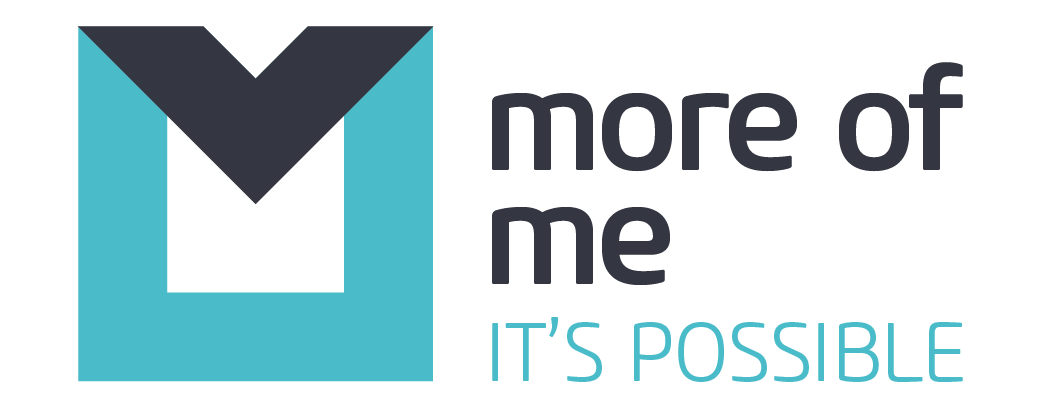Just be yourself.
What’s the full range of our authenticity?
When you face a challenging situation, it’s almost inevitable people who know and love you will tell you to ‘just be yourself’.
I have often reflected on the wisdom and worth of this advice. It has good intentions. It has the notion of authenticity at its heart. Those who know us and care for us are saying that who we are already is enough. We don’t need to think too hard or stress too much. We simply need to trust what instinctively comes first. In doing so, we’ll somehow automatically be found in our natural state and this alone will be enough for us to win the day. It’s nice to hear – they’re paying us a compliment and demonstrating their loyalty. But are they really helping us? Maybe. Maybe not.
How easy is it to just be oneself? I’d argue it’s not a simple matter at all. I’m totally bought into the importance and enormous value of personal authenticity, but once we’re beyond our early childhood just relying on autopilot is not all it takes for us to be our authentic selves. More often than not, when it comes to implementing the seemingly elementary strategy of just being ourselves, we’ll be caught out and exposed as unprepared.
It’s been my immense privilege to conduct countless recruitment interviews in my career and I’ve truly enjoyed 95% of them. However, although the vast majority of people hoped to represent themselves well to me, maybe only 10% were totally prepared and able to do so. I’m not disrespecting any of them, as I remain grateful to all of them and I’m prepared to acknowledge that I’ve done the same thing in the past.
When tested under the blow torch of a challenging experience (like a job interview), deep-seated authenticity is compelling and shines through. Awkward scrambling can be just as visible and is generally unconvincing and disconcerting.
The range of our authenticity
The full range of our authenticity is wider, deeper and more versatile than most of us assume. Many of us tend to underestimate ourselves. Sometimes we do so due to humility or a lack of self-confidence and sometimes, all too frequently, it’s actually the consequence of our not doing enough homework to fully appreciate ourselves.
We are more than the innate gifts bestowed on us at birth. More, too, than the influence of our childhood modelling, education and formative experiences. Our full range of authenticity includes and is enriched by the internal evaluation process we use to make the big choices in our lives. I refer to that as our personal compass.
If we take the time and care to set our own compass, we can exercise conscious choice as to how we’ll live our lives – the approach we’ll take to learning, experimentation, reflection and growth.
You’ve programmed your compass when you’ve considered your values and your character and when you’ve decided what matters most to you. The dedicated student of their authenticity is not afraid to ask themselves deep questions, such as: Who am I now? And who am I becoming?
The critical elements of authenticity
Our strongest innate talents
Learning from example, influence and support
Personal compass
Practice, reflection and continuous refinement
Know them all, work on them constantly and you will be free and equipped to ‘just be yourself’!
This doesn’t mean that the sky is the limit for our authenticity. Tom Rath co-author of StrengthsFinder®2.0 says:
“You cannot be anything you want to be, but you can be a whole lot more of who you already are”
Those 1,000+ recruitment interviews have moved me to start more of me. I’m confident the tools and processes I’ve gathered will help people see, understand and appreciate more of what they can be.
It’s possible!
